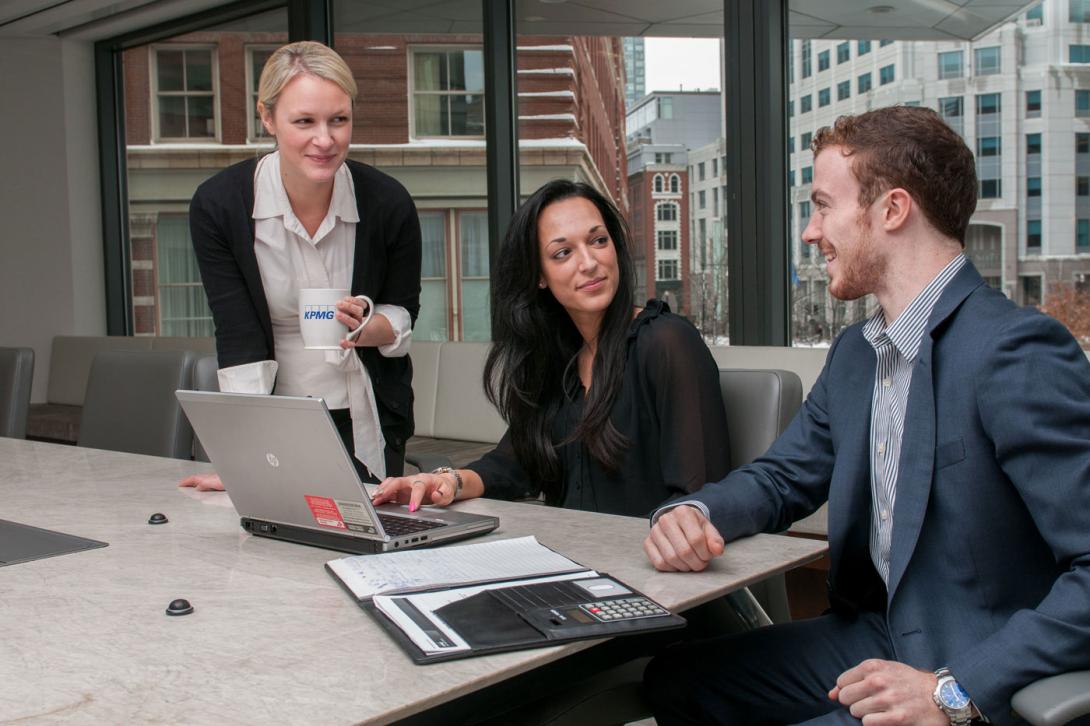
BOSTON – Reflecting its historic mission of creating and disseminating knowledge, the University of Massachusetts hosted six online forums where UMass research scientists discussed major innovations with representatives from business, industry, government and academia.
Each forum focused on areas of UMass expertise with applications that will accelerate the post-pandemic economic recovery.
The sessions, held January 25 through February 11, focused on the following areas:
- Advanced Manufacturing
- Aerospace, Defense, Undersea Technology and Remote Sensing
- Sustainability and Climate Resilience: Coastal Communities, Energy, and Transportation Artificial Intelligence, Robotics, Data Science
- Data-Driven and Technology-Informed Precision Health
- Applied Life Sciences
The six focal areas were selected in consultation with academic and research officials on the UMass campuses in Amherst, Boston, Dartmouth, Lowell and Worcester. Each session consisted of UMass scientists highlighting recent innovations and their impact on industry, leading to discussions of the “grand challenges” that will dominate the next 5-10 years.
“UMass has an obligation and a mission, through research and teaching, to lead the post-pandemic innovation-driven economic recovery.” UMass President Marty Meehan said. “This honors our land grant traditions established by Abraham Lincoln to help unify the nation by establishing public universities in every state.
Business associations in the region – including the Massachusetts Business Roundtable, Mass Medic, Mass Bio, Associated Industries of Massachusetts, Mass Competitive Partnership and the New England Council assisted in the development of the summits.
“We firmly believe that this is the time to look to the future and plan to get our world back on track,” noted the program’s organizer, Katherine Newman, System Chancellor for Academic Programs and Economic Development. “We also know that the University of Massachusetts possesses the research track record to help power New England companies in life science, robotics, alternative energy, advanced manufacturing and defense.”
UMass is fortunate to have UMass Chancellors Kumble Subbaswamy (Amherst), Marcelo Suarez-Orozco (Boston), Mark Fuller (Dartmouth), Jacquie Maloney (Lowell), and Michael Collins (Medical School) committed to building innovation ecosystems across their campuses and connecting research to the economic development of their regions and the Commonwealth.
The UMass research and innovation highlighted during the sessions includes projects relating to the development of floating offshore wind turbines, the impact climate change is having on coastal areas, the development of cybersecurity systems, the exploration of Mars, and the pioneering discoveries of RNAi and microRNA that laid the groundwork for new classes of therapeutics.
“Across the UMass system, major laboratories, research centers, and grant-funded researchers are applications that have transformed the lives of thousands through new therapeutics and medical devices,” Newman said. “We see autonomous vehicles on land and under water, robotics that help wounded soldiers recover, and strategies for protecting our coastlines from the ravages of climate change. In short, we see UMass producing research that can change the world – and we want to the world to know about it.”
Research output in the UMass system was valued at $684 million in fiscal year 2019, the last year for which National Science Foundation-certified figures are available.
“My message to you today is that UMass is open for business, open to collaboration, and open to your ideas about how we can best support you,” President Meehan told summit attendees.
